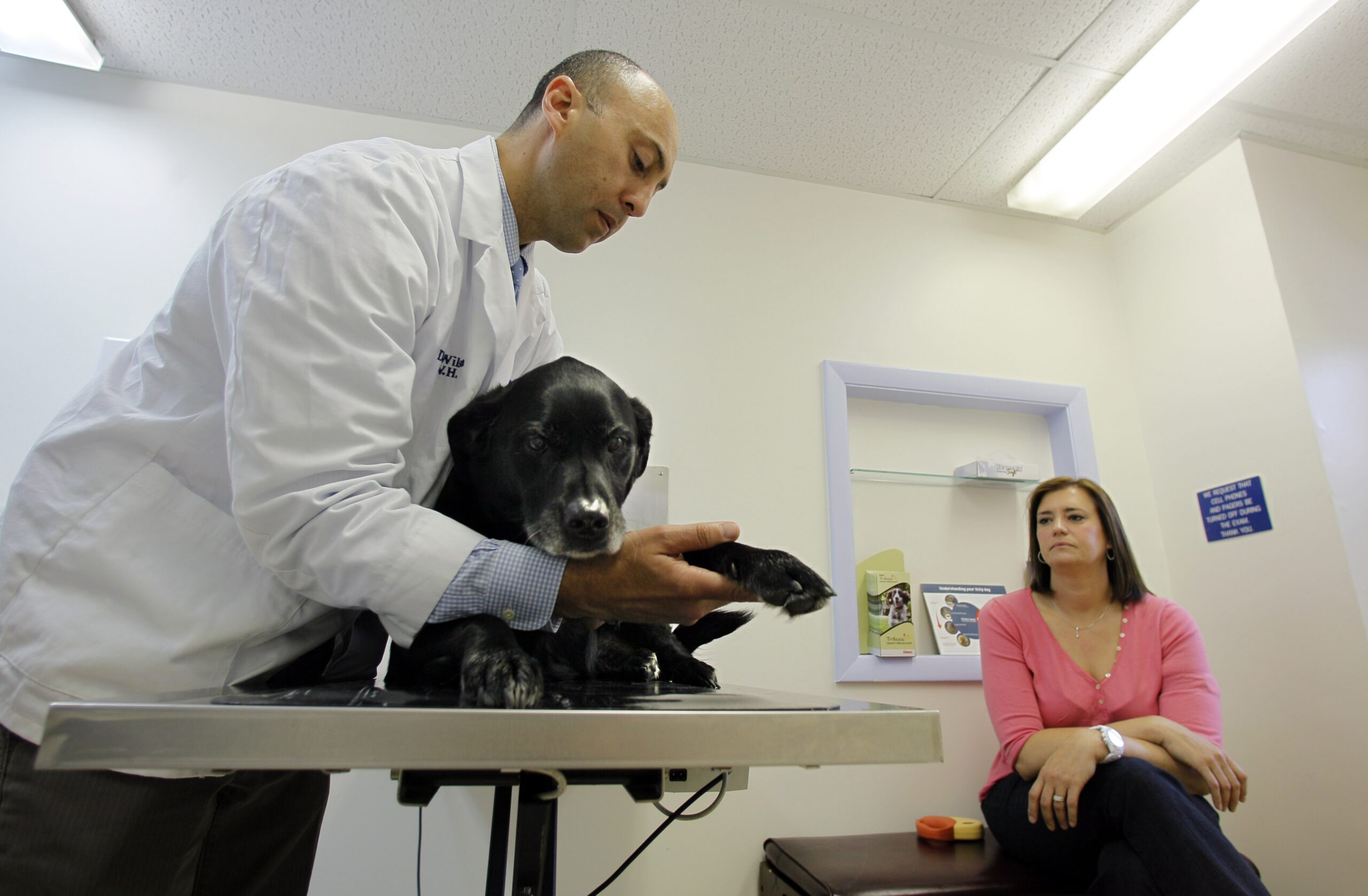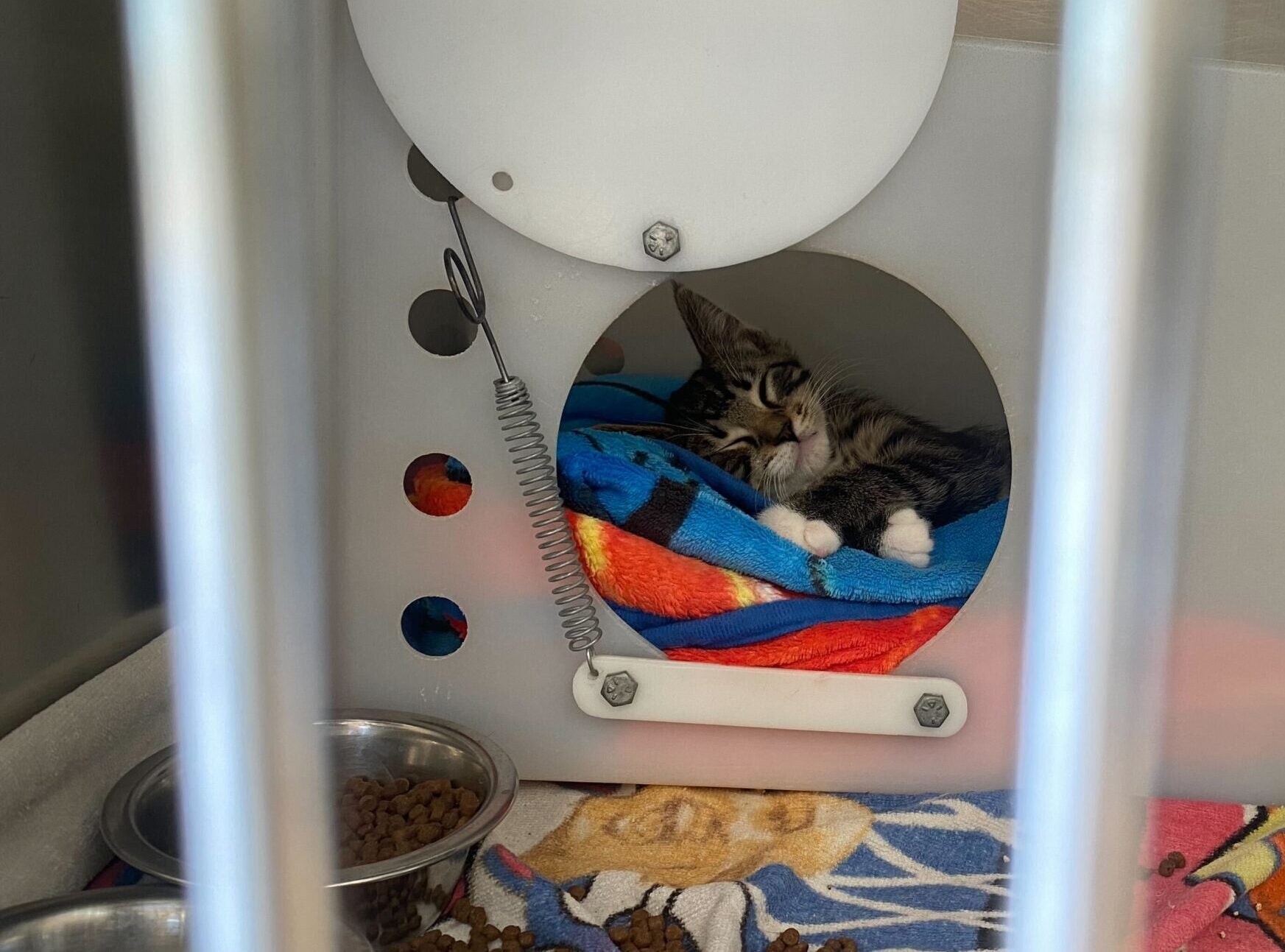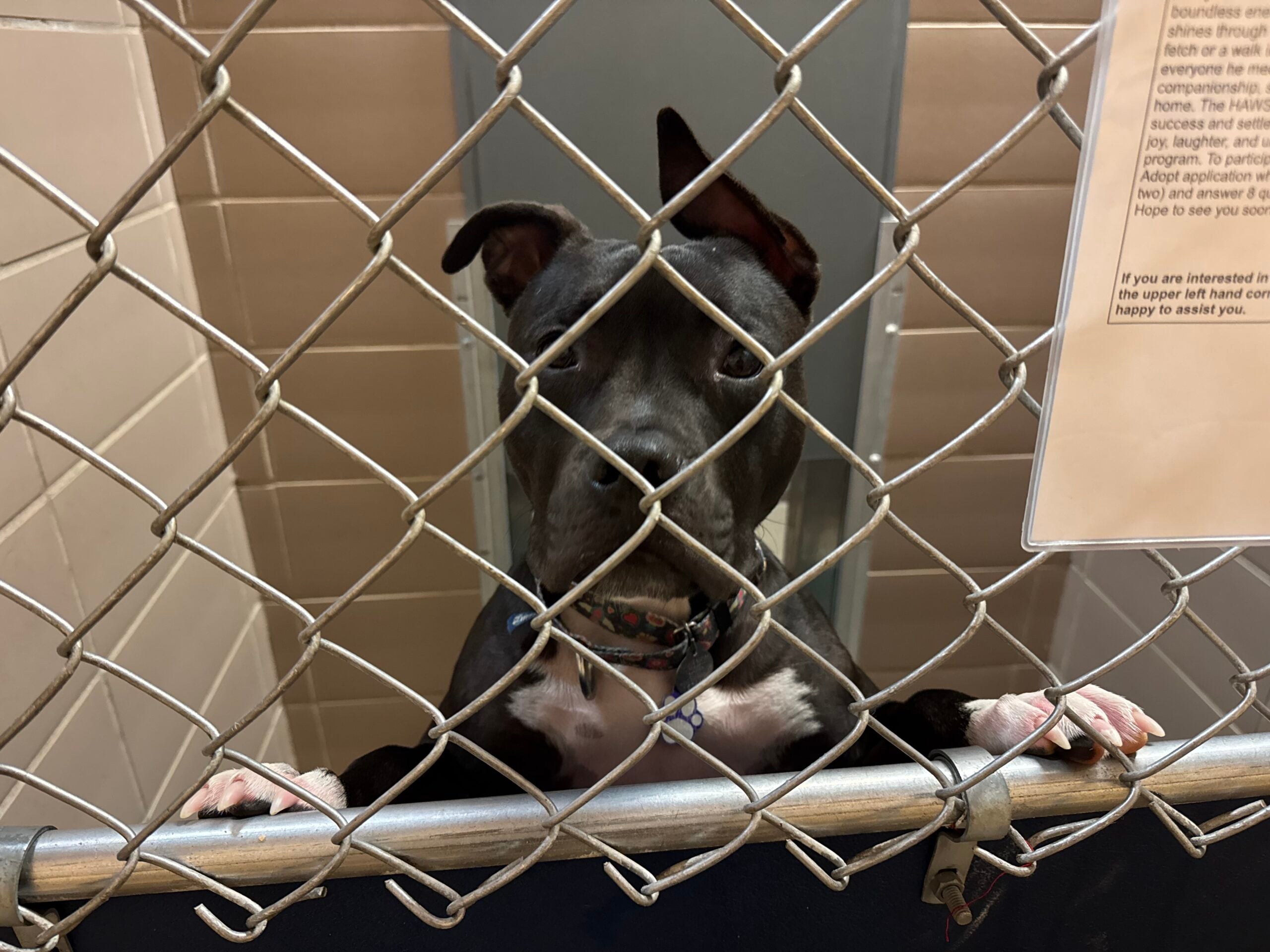Veterinarians in Wisconsin have been changing the way they provide care for animals during the coronavirus pandemic.
Some vets have been getting more calls from clients wondering if they can bring their pets in for treatment, including Dr. Douglas Kratt, who owns Central Animal Hospital in Onalaska.
Gov. Tony Evers’ “safer-at-home” order has said non-essential veterinary care should be avoided and grooming services must close. However, people are allowed to obtain necessary care for their animals.
News with a little more humanity
WPR’s “Wisconsin Today” newsletter keeps you connected to the state you love without feeling overwhelmed. No paywall. No agenda. No corporate filter.
Kratt, who is a former board member of the Wisconsin Veterinary Medical Association, said he’s trying to balance staff welfare with client needs.
“We’re having them stay in their vehicles for most situations, asking them to call when they come,” said Kratt. “And, if they need to be in an exam room, we’re requesting that we only bring one owner into the exam room if at all possible.”
Some clinics are postponing elective procedures, including Irongate Equine Clinic in Madison.
Dr. Lisa Nesson, who is also a member of the state Veterinary Examining Board, said she and her partners have been holding off on procedures like castration and routine dental care in order to provide preventative and urgent health care for horses. She said telemedicine is being used more now in cases where vets and animal owners have already seen one another on a regular basis.
Nesson said this is their busiest time of year with foals being born and mares being bred. She said it’s also essential for them to vaccinate horses against eastern and western equine encephalomyelitis, tetanus, and West Nile virus.
“We need to get them into the horses prior to the mosquitoes coming out because that’s when we’re going to start seeing sick horses if we don’t get them vaccinated,” said Nesson.
Vaccinations are a crucial form of preventive medicine in an animal’s development, said Dr. Ruthanne Chun, associate dean for clinical affairs at the University of Wisconsin-Madison School of Veterinary Medicine and director of UW Veterinary Care.
The veterinary care facility hasn’t been accepting new appointments after an employee working in the School of Veterinary Medicine tested positive for the new coronavirus earlier this month, prompting a temporary shutdown of operations.
UW Veterinary Care has limited its care to urgent cases that require ongoing treatment, such as chemotherapy, or life-threatening cases.
“And, those could be new cases where an animal is terribly ill and can’t eat, can’t walk or function; and those cases we will see as long as we have the staff to see them,” Chun said. “And that’s, I think, what’s impacting almost every business right now that’s still trying to function during the pandemic.”
Normally, Chun said the hospital can employ 200 people, excluding hourly student employees. But, she said, overall staffing is down about 10 to 20 percent as they take steps to prevent potential exposure to the virus among employees and pet owners.
“The majority of the clients who we are able to continue seeing are very, very appreciative of that,” she said. “We’ve had a few that have been really upset that we can’t do everything that we would normally do.”
However, she said they’re continuing to provide free consultation to area veterinarians to help provide care for animals in non-life threatening cases.
Wisconsin Public Radio, © Copyright 2026, Board of Regents of the University of Wisconsin System and Wisconsin Educational Communications Board.





